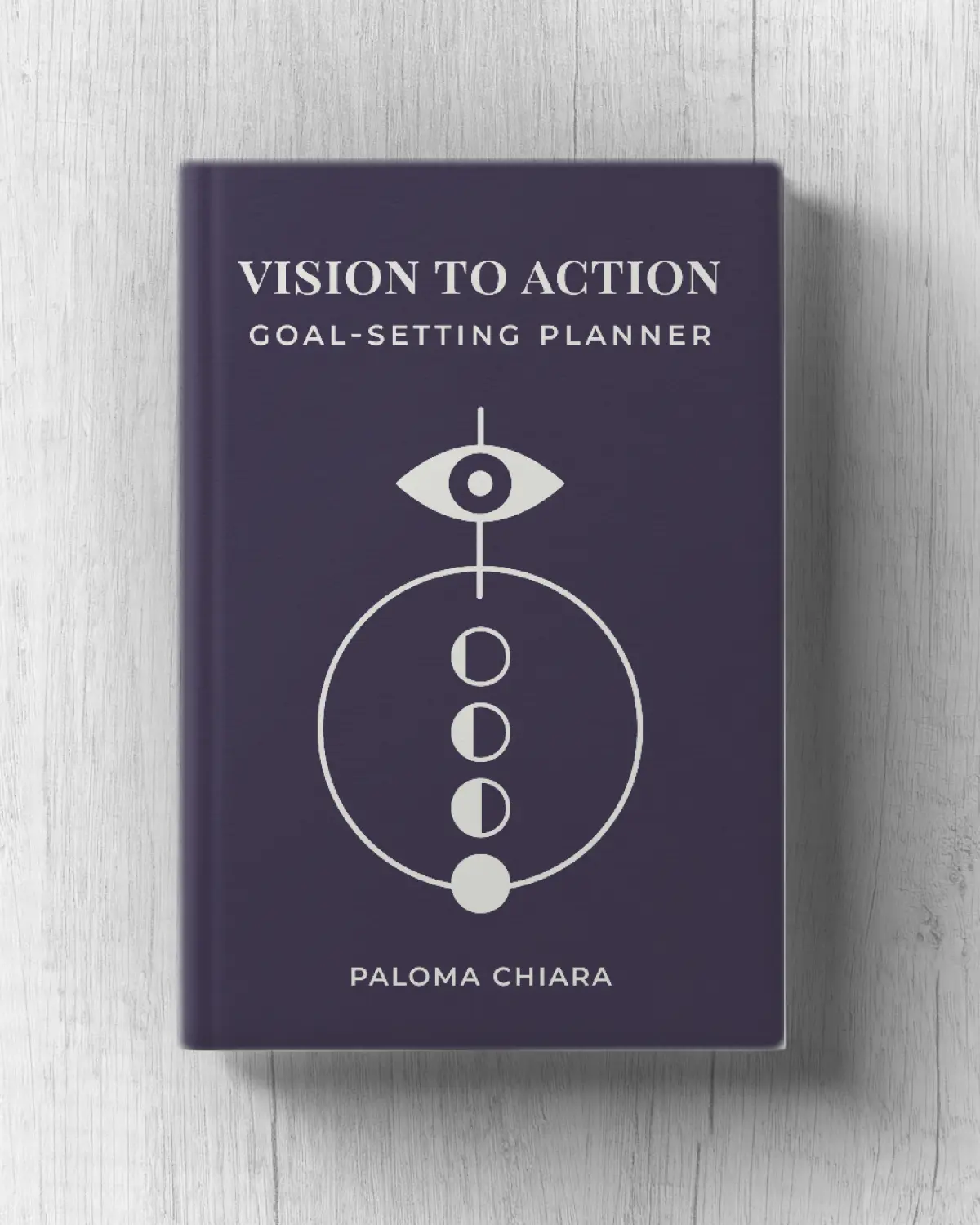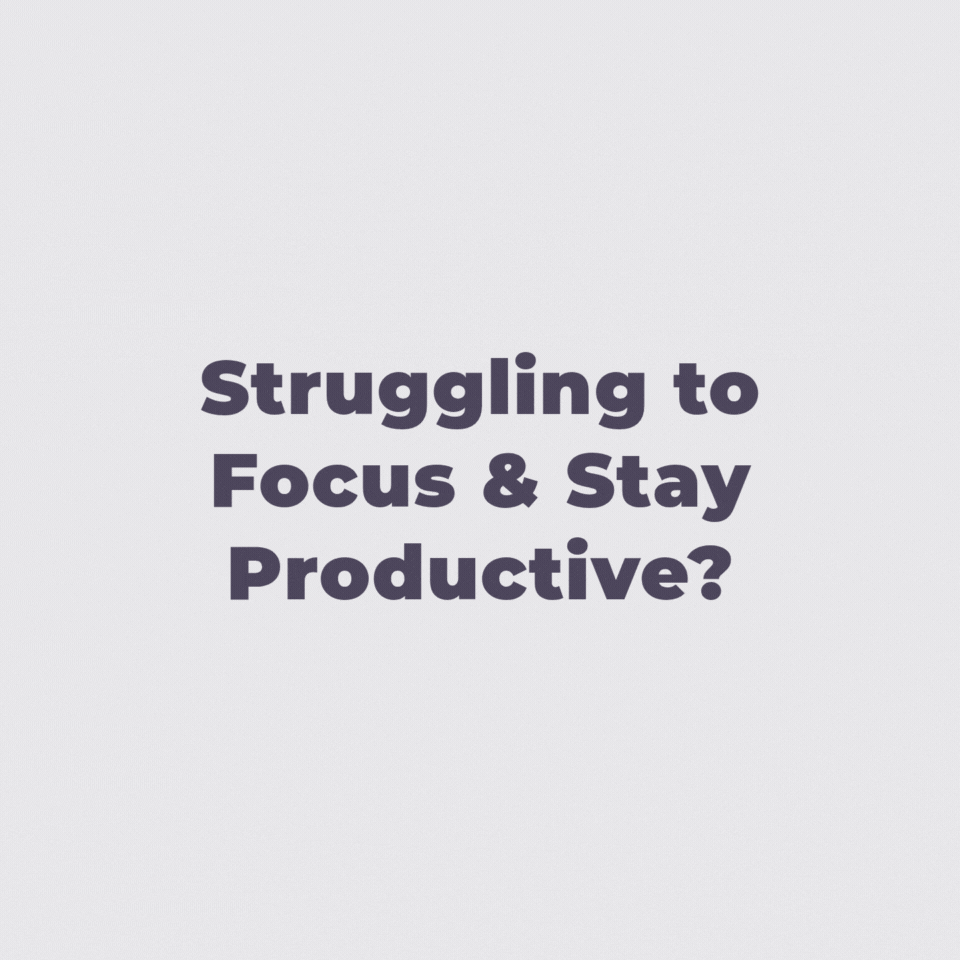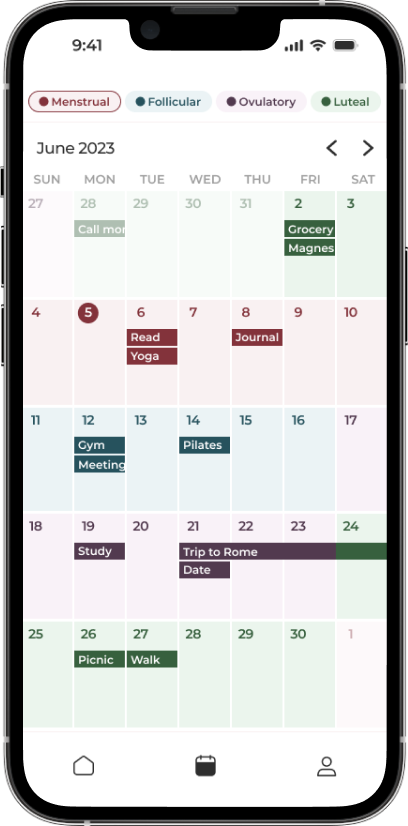How to Stop Being Overstimulated

Overstimulation happens when your senses or mind are overwhelmed by too much input—be it noise, light, information, or even emotions. It’s not uncommon, but understanding the causes and learning how to manage it can make a significant difference in your daily life. In this article, we’ll explore what overstimulation is, who experiences it, why some people are more prone to it, and, most importantly, how to stop it from taking over.
What Is Overstimulation?
Overstimulation occurs when your brain struggles to process an overload of sensory or emotional input. This might look like feeling overwhelmed in a noisy crowd, experiencing anxiety in brightly lit environments, or even shutting down after too many social interactions. While overstimulation is often linked to neurodivergence (such as autism or ADHD), it can also happen to neurotypical people under certain circumstances.
Signs of overstimulation include:
- Feeling anxious, irritable, or emotionally drained.
- A sudden urge to retreat from your environment.
- Difficulty concentrating or thinking clearly.
- Crying or experiencing sensory discomfort (e.g., feeling clothes are too tight, lights are too bright, etc.).
Who Is Prone to Overstimulation?
Certain groups are more prone to overstimulation than others, though anyone can experience it. Neurodivergent individuals—such as those with autism, ADHD, or sensory processing disorder—are particularly sensitive to sensory input. However, neurotypical people can also get overstimulated, especially in high-stress environments or when dealing with sleep deprivation or emotional strain.
Hormonal changes, chronic illnesses, and heightened anxiety levels can also make people more prone to overstimulation.
Do Neurotypical People Get Overstimulated?
Yes, neurotypical people can absolutely experience overstimulation, though it might not happen as frequently as it does for neurodivergent individuals. For example, attending a loud concert, working in a chaotic office, or dealing with prolonged stress can overwhelm even the most balanced nervous system. Neurotypical overstimulation tends to be situational rather than chronic.
Why Do I Get So Easily Overstimulated?
If you find yourself overstimulated more often than others, it could be due to heightened sensory sensitivity, past trauma, chronic stress, or neurodivergence. For example, individuals with ADHD or anxiety often have lower thresholds for stress and sensory input. Past emotional trauma can also heighten your nervous system’s reactivity, leaving you more vulnerable to overstimulation.
Factors like fatigue, poor diet, lack of sleep, or burnout can also play a significant role in lowering your tolerance for stimulation.
Why Do I Get Overstimulated and Cry?
Crying is a natural release mechanism when your brain is overwhelmed. When you’re overstimulated, your nervous system is essentially on high alert, and emotions can bubble to the surface more easily. Crying acts as a stress reliever, helping your body reset and calm down.
Frequent overstimulation and crying may indicate an underlying issue, such as anxiety, unresolved trauma, or neurodivergence.
What Is Stimming, and How Does It Relate to Overstimulation?
Stimming refers to repetitive behaviors—such as tapping, rocking, or humming—that help self-regulate sensory input. While stimming is most commonly associated with autism, anyone can stim, especially in response to overstimulation.
For example, you might tap your fingers or pace the room when you’re overwhelmed as a way to soothe your senses and regain a sense of control.
How To Stop Being Overstimulated
Managing overstimulation involves both prevention and immediate coping strategies. Here’s how:
Create a Sensory-Friendly Environment
Minimize overwhelming stimuli in your surroundings. Use noise-canceling headphones, dim lighting, or calming scents to create a peaceful space.
Practice Deep Breathing
Deep breathing activates your parasympathetic nervous system, which calms your body. Try inhaling for 4 seconds, holding for 4 seconds, and exhaling for 6 seconds.
Set Boundaries
Learn to say no to social or work commitments that push you beyond your limits. Protecting your energy is key to preventing overstimulation.
Use Grounding Techniques
When you’re overwhelmed, focus on grounding yourself in the present. The “5-4-3-2-1 technique” (identifying 5 things you see, 4 you feel, 3 you hear, 2 you smell, and 1 you taste) is highly effective.
Stimulate in Healthy Ways
If you feel overstimulated, stimming behaviors like squeezing a stress ball, tapping your foot, or even listening to calming music can help regulate your nervous system.
Limit Digital Overload
Spending hours on screens or consuming too much information can exacerbate overstimulation. Schedule tech-free breaks to reset your mind.
Address Underlying Stressors
Chronic stress lowers your tolerance for stimulation. Practice stress management techniques such as meditation, exercise, or therapy to improve your overall resilience.
Prioritize Rest and Nutrition
Fatigue and poor diet can heighten your sensitivity to stimulation. Ensure you’re getting adequate sleep, staying hydrated, and eating balanced meals.
Overstimulation is a common experience, but it doesn’t have to control your life. By recognizing triggers, creating supportive routines, and using tools like grounding techniques or stimming, you can regain a sense of balance and calm. If overstimulation feels unmanageable, consulting a mental health professional may also help you uncover and address underlying causes.

Check out the Vision to Action Planner for only 6$
More infoStill waiting for the 'perfect time'?
Email me what you'd do if you stopped making excuses. We'll work backwards from there.
Let's startRecent posts
-
The Complete Guide to Becoming a High Achiever
Read blog -
How To Make a Positive Impact in Your Community
Read blog -
What Is the “Winter Arc” Challenge?
Read blog -
What Is "the Great Lock-In" and Should You Try It?
Read blog -
What Are the 75 Hard and Soft Challenges?
Read blog -
How to Validate Yourself
Read blog

The App Made To Sync Your Lifestyle to Your Menstrual Cycle.
A solution for women who are looking to keep track of what they sync to their cycles, such as fitness, diet, etc. by adding it to a calendar that also predict their phases.
Learn more





Comment